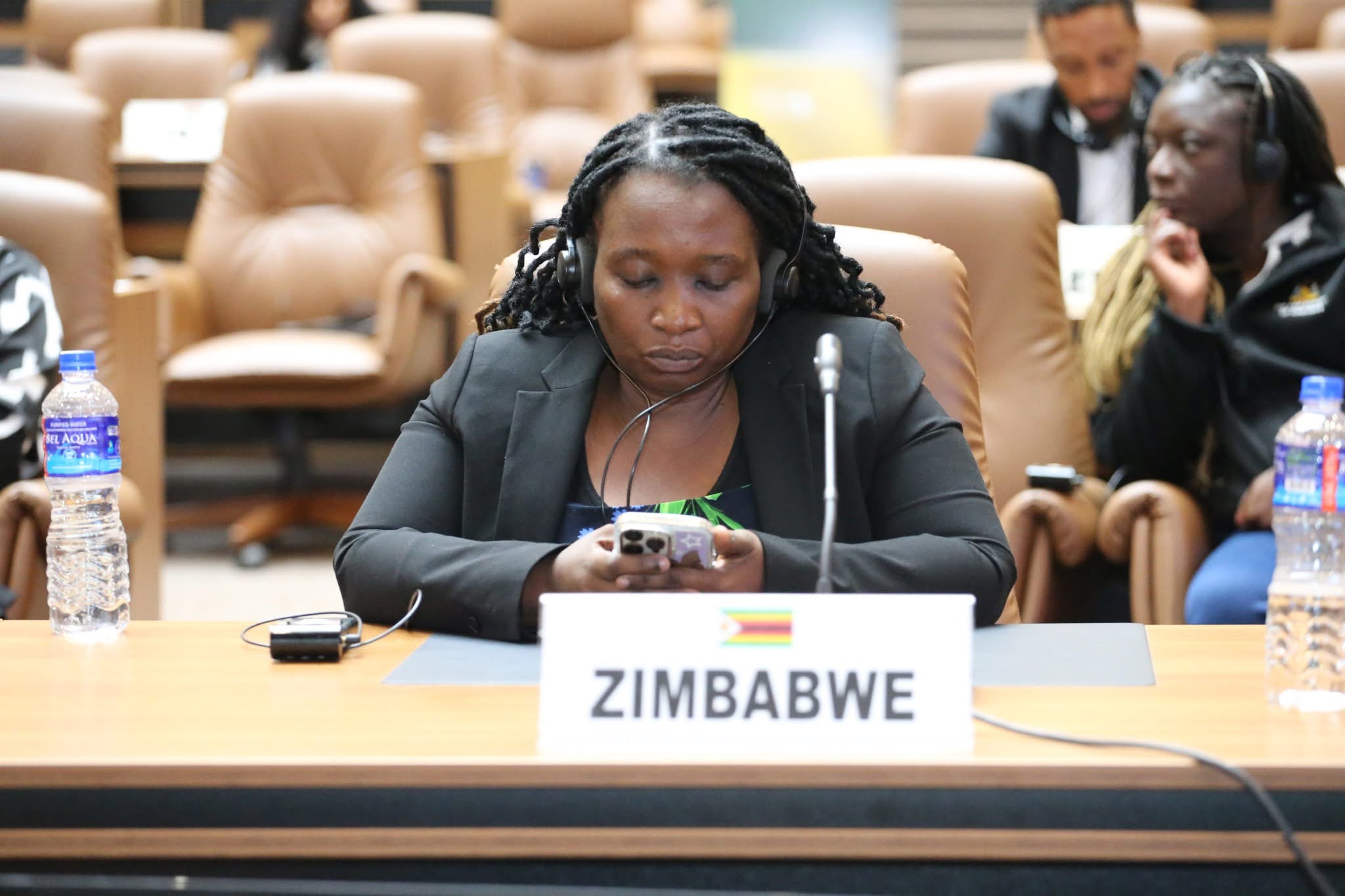In its report, the Government of Zimbabwe maintained that the rights of human rights defenders were already guaranteed by the Constitution and existing laws, and thus no specific protective legislation was necessary. The report argues that defenders, like any other citizens, are entitled to legal protections under general provisions such as the Criminal Law (Codification and Reform) Act and the right of access to courts under Section 69 of the Constitution.
However, the report fails to acknowledge credible, ongoing reports of harassment, arbitrary arrests, and intimidation faced by defenders, journalists, and activists. Instead, it downplays such concerns by asserting that allegations of abductions and enforced disappearances are staged or exaggerated to tarnish the Government’s image. Notably, in addressing high-profile cases such as that of journalist and activist Itai Dzamara, who has been missing since 2015, the Government reiterated that a reward for information remains in place, without providing evidence of genuine progress in the investigation.
Although Zimbabwe reported the repeal of the Access to Information and Protection of Privacy Act and the enactment of the Freedom of Information Act in 2020, the impact on the safety and freedoms of defenders remains limited. The Government also noted that press jackets have been provided to journalists to assist with identification during protests. Yet, these administrative measures fall short of addressing systemic risks faced by defenders during civic actions and political expression.
Following the presentation of Zimbabwe’s report, Commissioner Janet Ramatoulie Sallah-Njie, Vice-Chairperson of the African Commission on Human and Peoples’ Rights, who also doubles as Country Rapporteur for Zimbabwe, and Special Rapporteur on the Rights of Women and Girls in Africa, raised critical questions regarding the enforcement and popularisation of the Maputo Protocol in Zimbabwe. In response, the Zimbabwean delegation highlighted several initiatives undertaken to raise awareness of the Protocol. These include media engagement campaigns and targeted outreach during key events on the women’s rights calendar such as International Women’s Day, the International Day of Rural Women, and the 16 Days of Activism Against Gender-Based Violence.
The delegation further emphasised that Zimbabwe’s Constitution guarantees equality and non-discrimination on the basis of gender, and that several laws and policies—such as the Prevention of Discrimination Act and the Labour Act, explicitly prohibit all forms of gender-based discrimination. The Government has also developed a National Gender Policy and a National Strategy to Prevent and Address Gender-Based Violence (2023–2030), underscoring its commitment to advancing gender equality and protecting the rights of women and girls.
Commissioner Rémy Ngoy Lumbu, Chairperson of the African Commission on Human and Peoples’ Rights, also signalled the human rights implications of climate change, noting that recent floods in Zimbabwe had a severe impact on communities. He emphasised that the Government must take deliberate and sustained action to address these environmental challenges in order to ensure the protection and fulfillment of human rights for all, especially those living in vulnerable and disaster-prone areas.
In closing, Commissioner Sallah-Njie commended Zimbabwe’s openness in engaging with the Commission and its responsiveness to the issues raised. She welcomed the comprehensive nature of Zimbabwe’s presentation and reaffirmed the Commission’s appreciation for the spirit of cooperation and mutual commitment to upholding the values of the African Charter. She noted that the Commission will thoroughly review the information provided and, in due course, submit its concluding observations to the Government of Zimbabwe to ensure the full protection and enjoyment of fundamental human rights in the country.




